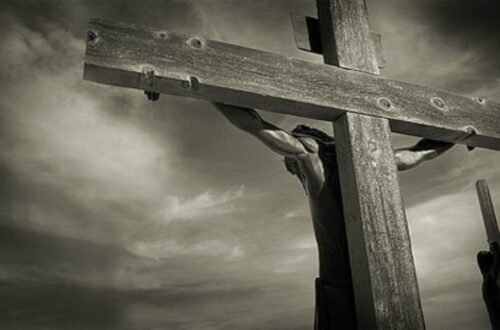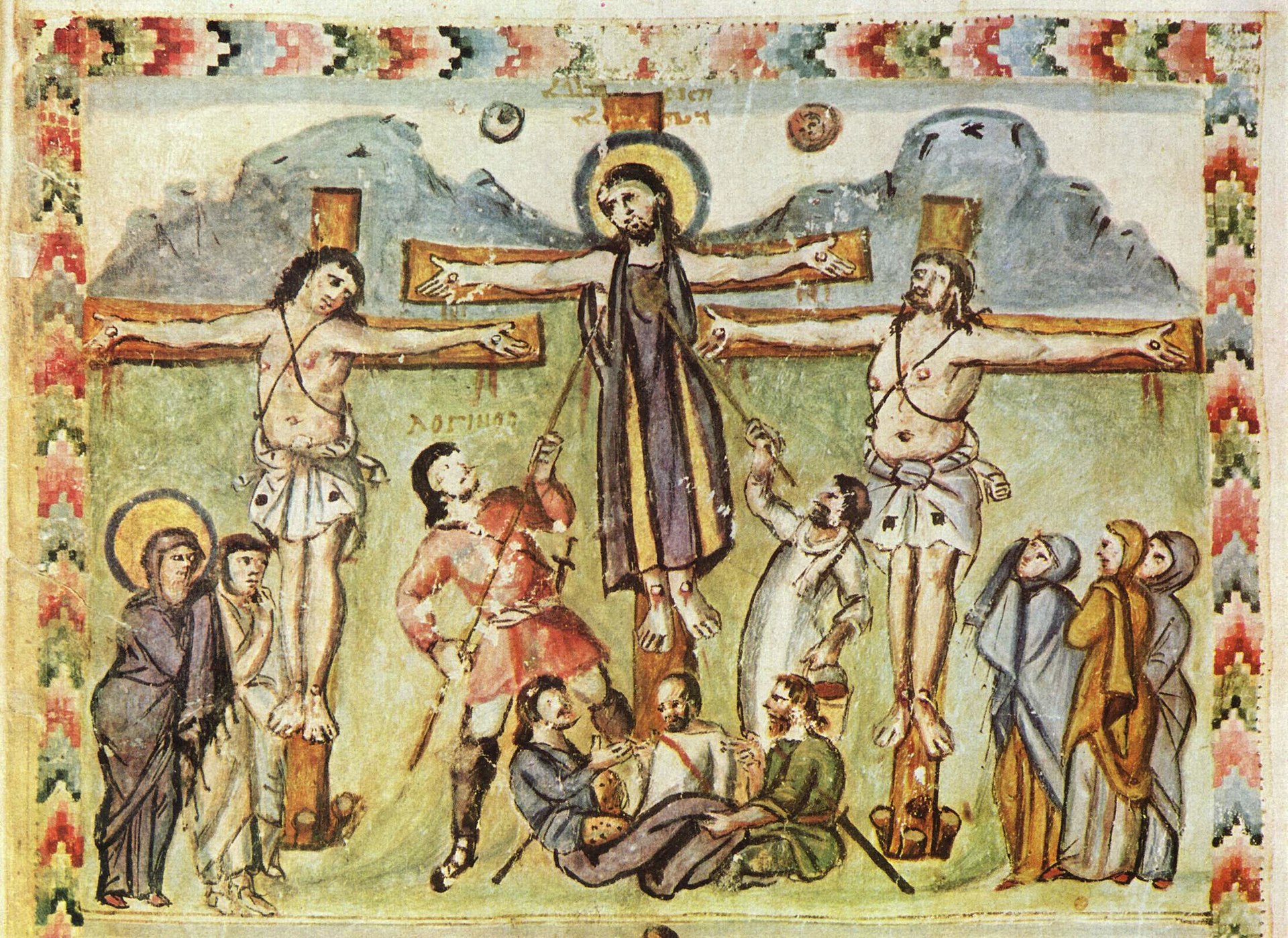On the cross, the Messiah cries, “Eli, Eli, lama sabachthani?” that is, “My God, My God, why have You forsaken Me?” (Matthew 27:46b). His words are a quotation of David’s prophetic psalm, psalm 22. But what can Jesus possibly mean? How could the Son be forsaken by the Father? How do we explain the Messiah’s question? Surely he of all people knows why he is on the cross.
The answer lies in an understanding of Psalm 22.
Under the inspiration of the Holy Spirit, in the first verse, David gives the Messiah his script. His cry is a forlorn cry of dereliction:
My God, my God, why have You forsaken me? Far from my deliverance are the words of my groaning. My God, I cry by day, but You do not answer and by night, but I have no rest.
In the psalm’s context, the opening words comprise a complaint: God has forsaken the Messiah and abandoned him in his hour of terrible need. This raises all sorts of difficult questions: Can the Son be forsaken by the Father without damage to the Trinity? Isn’t the fellowship of the Triune God eternal and unbreakable?
Instead of reading this as a statement of the forsakenness of the Messiah on the cross, we can read it as posing an idea – that the Lord will forsake his anointed one (and therefore his people). The psalm portrays the forsakenness in graphic terms – providing all the details of what will make forsakenness plausible (rejection by men, mockery, death), but then responding that God has not forsaken the Messiah. In verse 24, the Messiah declares that the Lord has not forsaken him:
For He has not despised nor abhorred the affliction of the afflicted; Nor has He hidden His face from him; But when he cried to Him for help, He heard.
Thus, we can take the psalm to raise the possibility that God will reject his anointed one and then emphatically denying that the Lord would do such a thing. Even when bearing the sins of the people on the cross, Jesus is never abandoned. The Lord is never far off even when everything tells him otherwise.
The point is that the Lord will not abandon his Messiah even as he bears the totality of our sin. And if he won’t abandon his Messiah, then he will not abandon us, even when everything tells us otherwise.
For a good read on the topic check out Tom McCall’s Forsaken.



